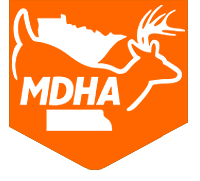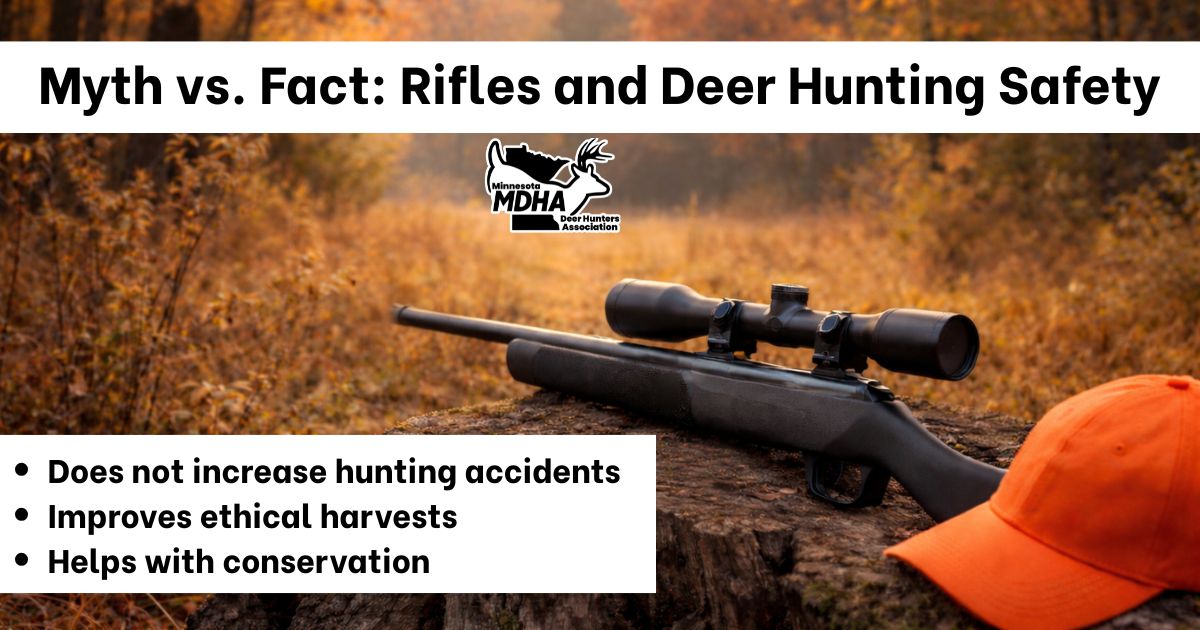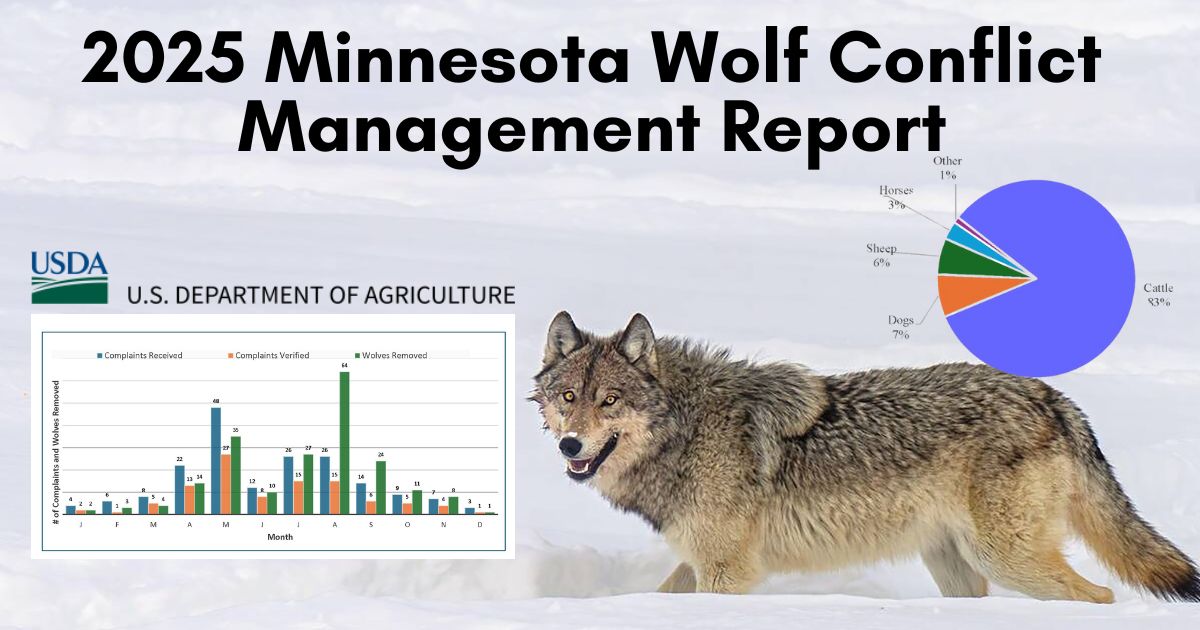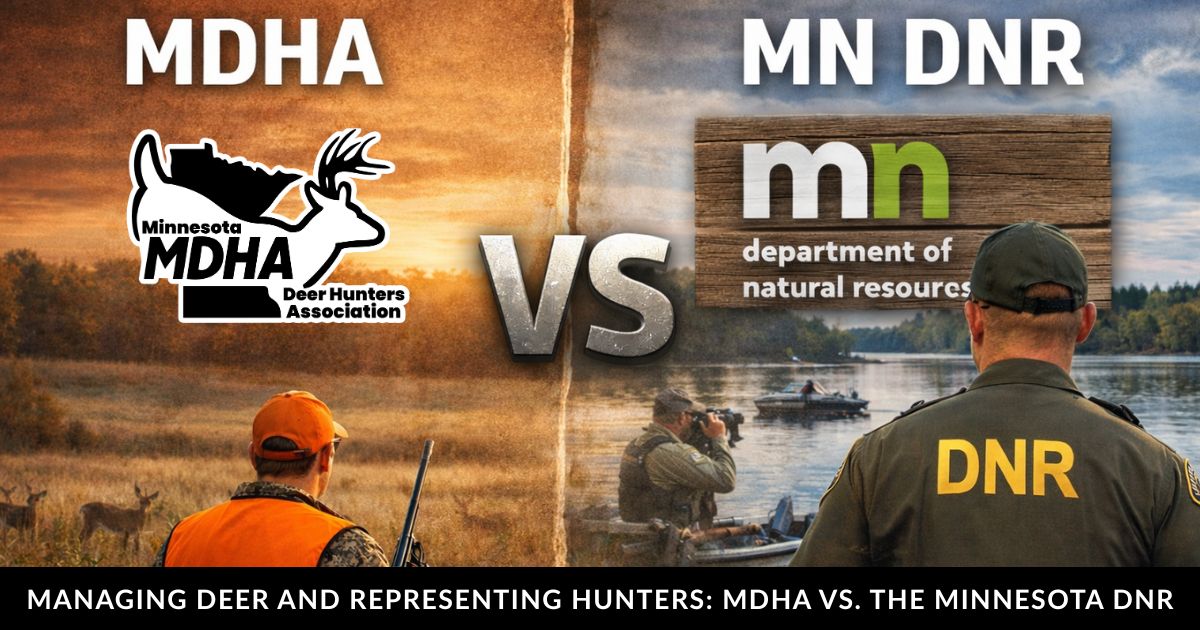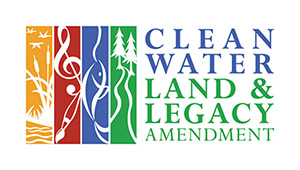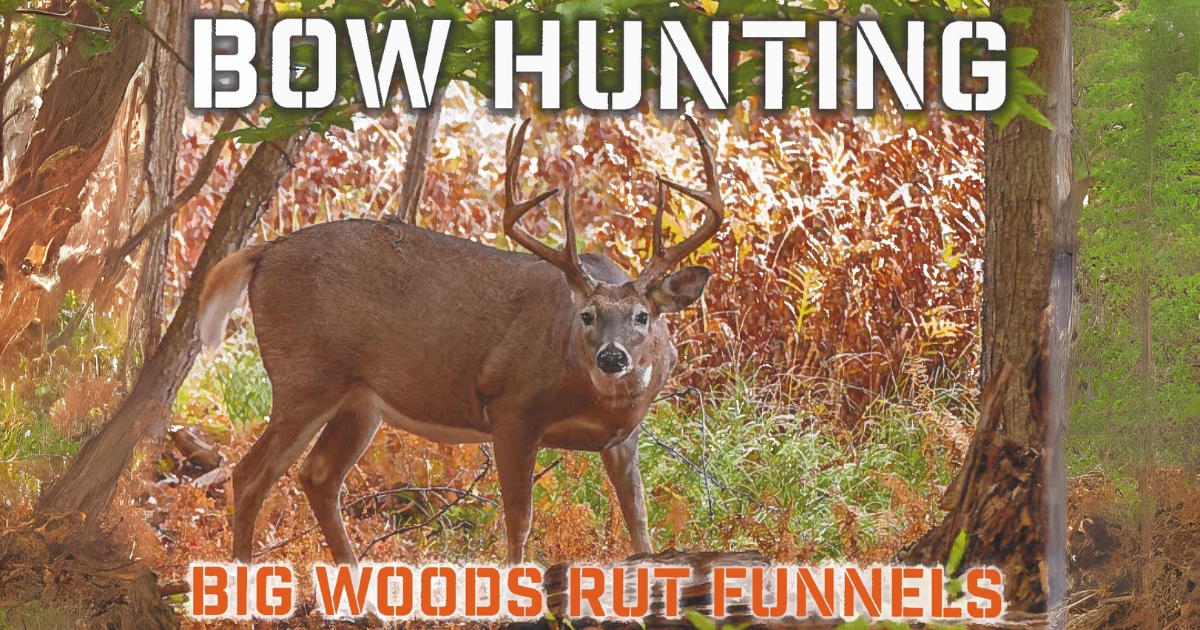
- Matt Upgren
- From Whitetales
- Hits: 2609
Bow Hunting: Big Woods Rut Funnels
- Matt Upgren
- From Whitetales
- Hits: 2609
The age-old issue with bow hunting in the big woods is finding a way to get those scattered bucks within bow range somehow. In the beautiful, vast, northwoods regions of Minnesota the lure of the wilderness is strong, but the sting of not seeing a deer during an all-day sit can leave a bow hunter with great frustration.
This fall, if you are one of the brave souls called to the rugged big woods settings across Minnesota, with a bow in hand use these three strategies to put a buck right in front of you instead of hoping for a needle in a hay stack.
The first way you can put a big chocolate horned northwoods buck 25 yards away from you is to utilize a mock scrape during the last week of October or the first week of November. In the best-case scenario, you would know of an existing primary scrape and set up your ambush overlooking it. In cases where you don’t have a known perennial primary scrape, you can create one on your own.
Make sure you check your local area for DNR feeding and attractant bans, but even in those cases, if attractants are banned in your area, you can still kick open the ground below a head-high balsam branch and in many cases the deer will adopt it. This is probably the best way to pull a cruising buck over to your deer stand from a nearby ridge than any other method. Use a trail camera to monitor your scrape, but don’t check it more than once a month. Each time you soil the area with your scent swapping cards, you are doing damage to your spot. Use a cell cam if you can to eliminate this scent contamination issue.
The second way you can pull a roaming buck over your way is to scout a conifer island in an ocean of deciduous trees. This is an often-overlooked scenario where I’ve observed some of the best rub and scrape areas where we hunt. Last winter we had a lack of snow but in prior seasons, we had snow on the ground during the rut in northern MN. These conifer islands provide thermal cover to the doe family groups and during the first snow falls I’ve observed many fresh beds in these conifer islands.
Additionally, these conifer islands seem to be a hub of communication for deer whether that be in the form of scrapes or rubs or a series of converging trails. When you have an “ocean” of deciduous trees such as maples or aspen, the cover becomes less and less attractive to whitetails as the trees mature and eventually creates a closed canopy over-story. These areas of over-mature trees with full crowns overhead create deer voids as they snuff out the lower-growing forbs and buds and diversity that deer are seeking out. Conifer islands create transition zones and ideal edge covers whitetails are looking for. Take note this fall and seek these areas out. If you see one of these conifer islands slashed up with rubs or scrapes or a convergence of deer trails, then you just found a prime candidate for stand sitting-time.
The third way you can quickly get on deer and place them right in front of you during the rut this fall, is to seek out young or mid growth popple whip clearcuts. You will want to find a cutover with obvious sign before you start putting in seat time. In the big woods, I’ve come across seemingly prime young clearcuts that are completely void of tracks or trails, then a half mile away a similar looking clearcut has fantastic deer sign. Once you find a clearcut that is giving you clues that this is a candidate (rubs, trails) then you need to find some type of feature that will push the deer right by you within 30 yards.
One of my favorite ways to do this is to look for a finger of s cutover that juts down a ridge or into a dry swamp area. Typically, there will be trails spider-webbing out from the tip of the finger. Another way is to use a wet swamp, creek, or pond on one side of the clearcut to push roaming deer around the water. Look for a confluence of trails in the clearcut wrapping around the water obstacle like a fulcrum.
Hopefully you already have a handful of prime rut funnel stand sites picked out, prepped, and ready to go this season, but if you are in a pinch and need to get on deer quickly, these three strategies will put you well on your way.
Good luck and keep your steel sharp.
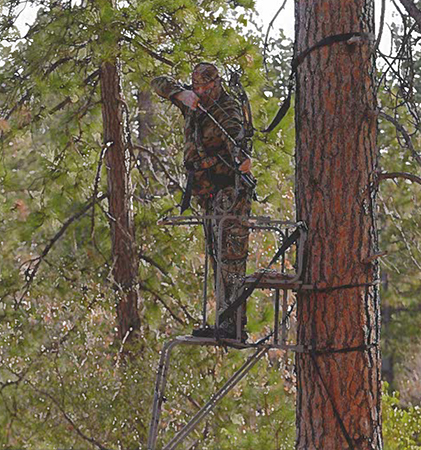
Author Matt Upgren lives in Bemidji, Minnesota and has been hunting northern Minnesota’s public lands since he was 12. Matt has always enjoyed connecting with fellow deer hunters and discussing the intricate details of deer hunting with folks that are as crazy about it as he is. In searching the Internet (both YouTube and general web searches), he realized there was very little online for the Big Woods Northern regions hunter as most of the big woods content was from out East where folks track bucks in Maine and Vermont. So, in 2022 Matt decided to start his own YouTube channel where he talks about both the private and public land strategies that he uses. His popular shows are geared for the Northern settings we live in so if you are interested in anything like that, just search “Northern Forest Whitetail” on YouTube. Matt says he is always interested in hearing from other hunters and will make a sincere effort to respond to everyone who comments on his shows and wishes good luck to all hunters as they strategize, scout and hunt!
